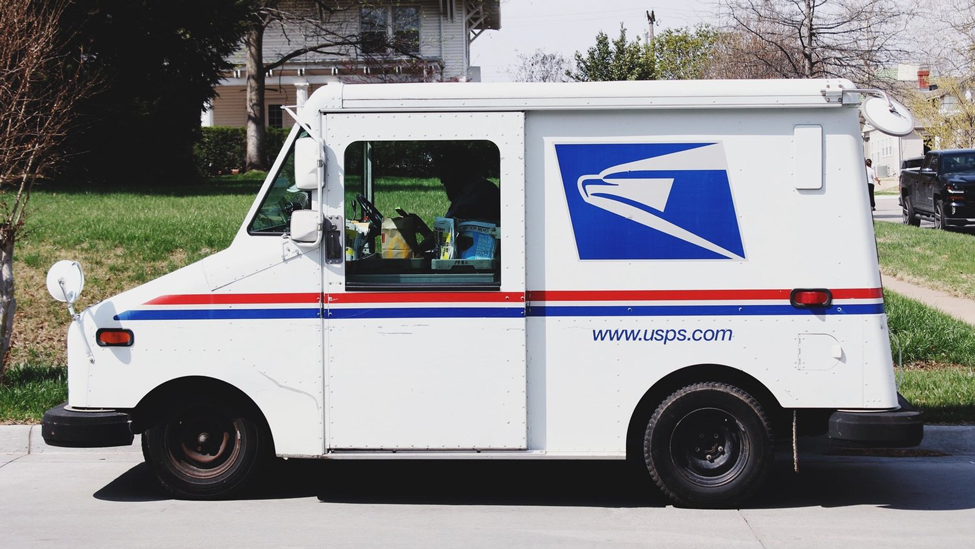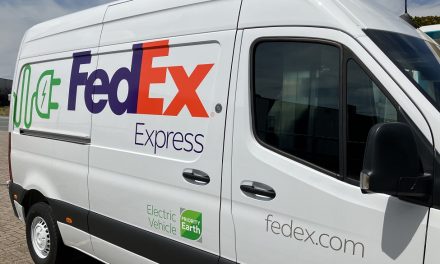
Trump’s Postal Reform criticised by lawmakers and USPS Management

President Trump’s mandated report on overhauling the U.S. Postal Service drew a lukewarm response from lawmakers on Tuesday, reports Government Executive as the agency’s own leadership rejected many of the key proposals
One key area of disagreement between the administration’s recommendations and lawmakers’ vision for the agency surrounded the future of collective bargaining at the mailing agency. Trump’s postal task force, which he created through executive order last year, proposed the Postal Service join the rest of government in not allowing its employees to negotiate over pay. Multiple members of the Senate Homeland Security and Governmental Affairs Committee rejected that suggestion, while David Williams, a recently sworn-in member of the agency’s board of governors, said he could think of “no way at all” such an approach would address the most significant drivers of USPS’s precarious financial situation.
Sen. Ron Johnson, R-Wis., who chairs the committee, was sceptical of that suggestion, noting analysis from the task force that suggested FedEx, which does not have unionised delivery personnel, pays its employees significantly less than the Postal Service. Williams said USPS’ own numbers did not line up with that analysis.
All parties at the hearing demonstrated some overlap over their thinking on postal issues. They agreed USPS is in dire financial straits and in desperate need of reform, but it should remain a government agency. The White House previously pitched privatising the Postal Service, but Office of Management and Budget Deputy Director for Management Margaret Weichert made no mention of that proposal during her testimony on Tuesday. The task force also declined to recommend privitisation.
Still, members of both parties raised concerns about the report. Republican senators speculated that a recommendation to create far fewer constraints for “commercial” mail would disproportionately lead to higher costs for rural constituencies. Members of both parties requested more insight into the analyses that went into the task force’s recommendations and suggested the administration failed to use proper models.
Williams, the USPS board member, accused the task force of doing the bidding of the agency’s competitors through the use of “discredited economic theory.”
“Private shipping companies find value in using cost attribution models to weed out unprofitable customers,” Williams said. “In contrast, we deliver to each American doorway.”
Contrary to private shippers, he said, “the role of a public infrastructure is not to maximise profit, but to maximise value to our American supply chains and to citizens, especially those in rural and underserved urban areas.” Williams added, “High shipping prices steal value from American supply chains, all the way from producers’ assembly lines to the wallets of American citizens.”
Gary Grippo, the Treasury Department’s deputy assistant secretary for public finance and one of the leaders of the postal task force, said without intervention the Postal Service is at risk of being unable to pay its employees within the next three years. He called for a “fundamental new business model” that does not simply shift around the agency’s obligations. He said his group had no interest in closing post offices, ending service to all addresses in the country or charging disparate rates based for rural customers.











As an American citizen, and an entrepreneur working in the mail and shipping business as an owner of a private postal and shipping center in Southern California, I have read the report titled “United States Postal Service: A Sustainable Path Forward” and I agree with the assessment. One of the strong recommendations in the report is to go back to basics and look at the original “mandate” of the US Postal Service and the Universal Service Obligation (USO). In my opinion, the government needs to revisit and firm up the definitions in a way that matches today’s world of electronic communication and e-commerce. Does the USPS have an obligation to ship cookies from Grandma to grand kids at an affordable price as a government “service”? Do they have the same obligation to lug around the 25 bulky Amazon packages that compulsive shopper orders each week and drop them on their doorstep where they could be stolen? And, what about mail? The US Post Office was created in the age of the “Pony Express” – before the telegraph and well before email. Why are they giving incentives to companies to keep creating piles and piles of paper statements that get tossed in the landfill, or (best case) recycled, by keeping postage rates so low? What? Postage rates are too low? You’re right – from $.50 per stamp to $.55 this year. “It’s an outrage!” (says the person holding their 3rd Starbucks caramel machiatto of the day). Here’s an idea. If you’re concerned a low-income person can’t afford a stamp to send a letter or pay a bill, give everyone on welfare a book of stamps every 3 months. Rather than *promoting* the use of USPS, they should be finding ways to *eliminate* the use of paper-based mail for the good of the planet. And, to add insult to injury, there are the revenues from “junk mail.” There’s a reason it’s called “junk” — nobody wants it. Take a tree, grind it up and then put it back into the ground. That’s about the same thing that happens to 95% of those circulars and flyers and postcards that no-one wants. All they do is provide pay for the postal workers. And, I really like my USPS letter carriers. Great people, for sure. But it starts to seem like the USPS is a “make work” organization to appease an outdated labor union. And, my last suggestion…worried about rural people not able to get their mail? Rather than driving 20 miles up a dirt road every day to honor the Universal Service Obligation, how about using this thing called a “scanner”. Have Farmer Joe’s mail delivered to a private or official postal center in town, and give him the option of getting it delivered in person once per week, and having it scanned and emailed to him in the interim. We do this with “virtual mailbox service” every day. Even better, have him pick up his mail when he comes to town. Yes, Farmer Joe is one of the 91% of Americans who has internet access in their home or on their phone, and yes, he has to come to town to get gas and food once a week anyway. Why not pick up his mail? It’s time to get the USPS back to their original purpose, which is to “ensure that all citizens and businesses in the United States receive a *minimum* level of postal services at a reasonable price,” not to bend over backwards to be all things to all people – both commercial and private and need a bailout in the process. That’s my 55 cents!